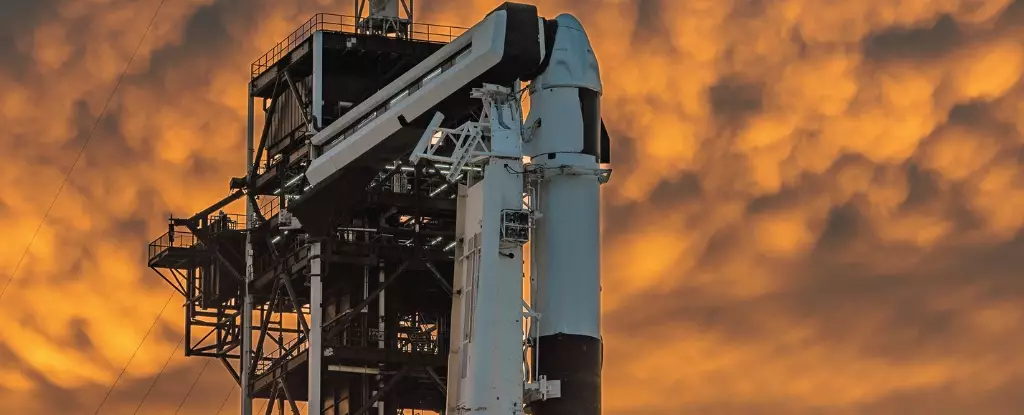SpaceX’s Falcon 9 rocket, known for its reliability and reusability, recently faced a rare failure when its first-stage booster tipped over and exploded during an attempted landing. The Federal Aviation Administration has initiated an investigation to determine the root cause of this event and to enhance public safety measures. The failure occurred after the rocket successfully deployed 21 Starlink internet satellites into orbit, marking a significant setback for SpaceX after a long streak of successful launches.
One of the key aspects of SpaceX’s business model is the reusability of its rocket systems, particularly the first-stage booster. While landing the booster is considered a secondary objective, its successful recovery plays a crucial role in reducing costs and ensuring the efficiency of future missions. The recent failure not only raises concerns about the reliability of the Falcon 9 rocket but also highlights the importance of maintaining a high level of performance in all aspects of spaceflight.
The grounding of the Falcon 9 rocket due to the recent failure could have significant implications for SpaceX’s upcoming launch schedule. The delay in resolving the issue and ensuring the safety of the rocket system may impact the timeline for future missions, including the highly anticipated Polaris Dawn launch organized by billionaire entrepreneur Jared Isaacman. This multi-day orbital mission, which aims to conduct the first spacewalks by an all-civilian crew, has already faced multiple postponements due to technical issues and weather conditions.
As SpaceX works to address the root cause of the Falcon 9 failure and implement corrective actions, there are valuable lessons to be learned from this incident. Ensuring the reliability and safety of space launch systems is a complex and ongoing process that requires continuous monitoring and improvement. While setbacks are inevitable in the aerospace industry, how companies respond to and learn from these challenges ultimately determines their future success in the competitive realm of space exploration.
The recent failure of SpaceX’s Falcon 9 rocket serves as a reminder of the inherent risks and complexities of spaceflight. By conducting a thorough investigation, implementing necessary changes, and maintaining a commitment to safety and innovation, SpaceX can overcome this setback and continue its mission to push the boundaries of space exploration.


Leave a Reply